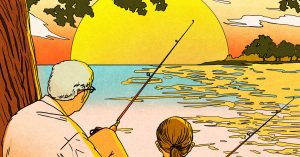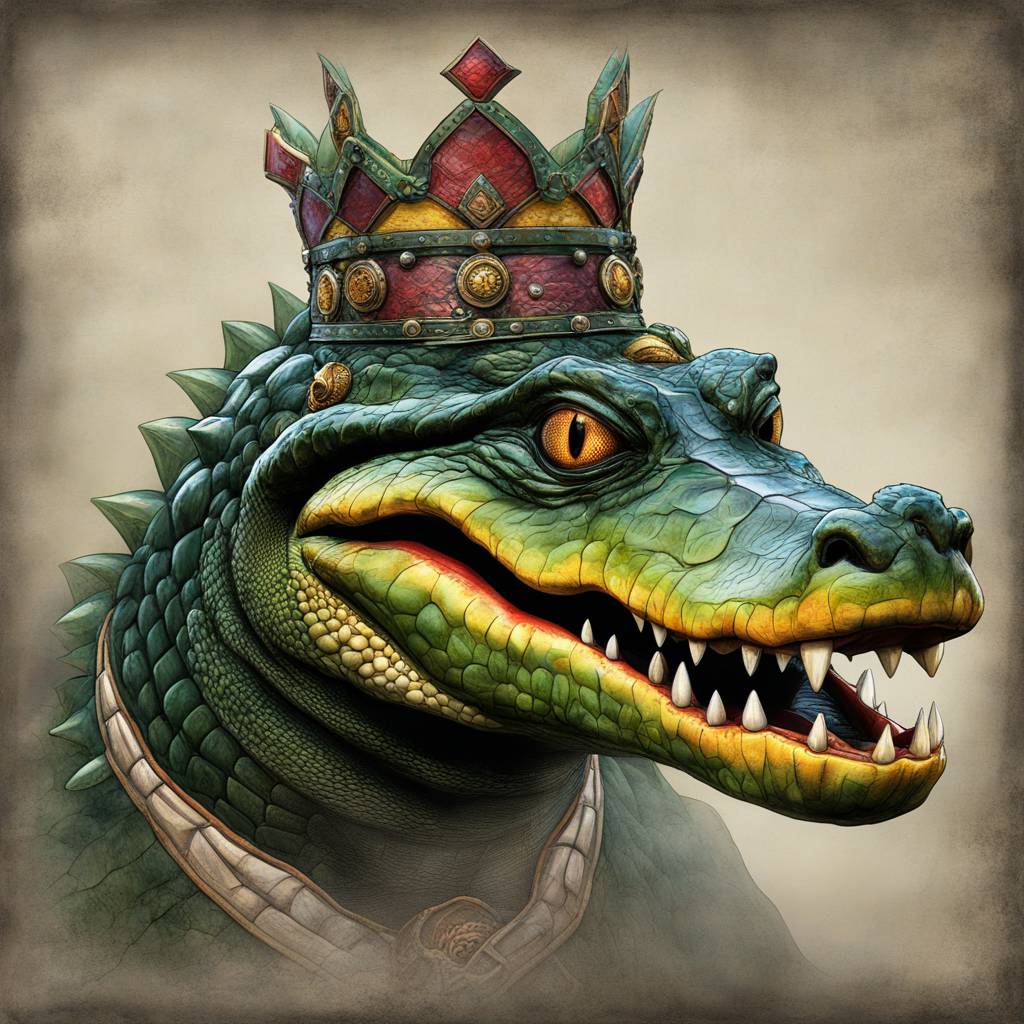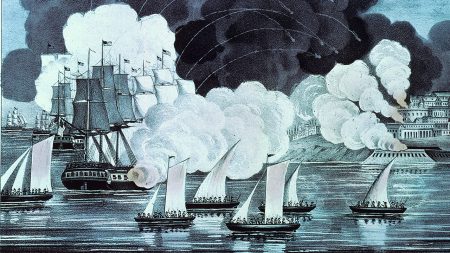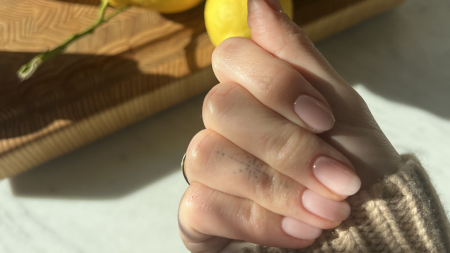Wildlife experts in Georgia were called to investigate an 11-foot-long alligator named King Arthur found with a strange object on its head at Fripp Island Golf & Beach Resort in South Carolina. The University of Georgia Coastal Ecology Lab made a Facebook post about the unusual situation, explaining that the gator had somehow gotten a tomato cage stuck over its head. Despite cautioning against human intervention at first, as animals can sometimes free themselves, it became clear that the alligator’s ability to eat was being impacted. After monitoring the situation for a few days, the researchers decided that human intervention was necessary to save the alligator.
The Georgia experts, along with help from the resort’s head naturalist, traveled to South Carolina to capture the trapped alligator and remove the tomato cage. The process proved to be challenging, as the cage was located in a difficult place to snare a gator. However, after several attempts, the team was successful in removing the object from the alligator’s head, allowing it to safely resume its life in the wild. It remains unclear how the alligator became trapped in the metallic object, but the UGA Coastal Ecology Lab suggests that the gator may have rammed through the tomato cage while swimming through a pipe.
The UGA Coastal Ecology Lab emphasized the importance of properly disposing of trash to prevent incidents like this from happening in the future. They pointed out that this situation is just one example of the complications that can arise when animals come into contact with improperly disposed of garbage. Fripp Island Golf & Beach Resort expressed gratitude towards the wildlife experts who saved King Arthur, thanking them for their efforts in helping the beloved alligator. The resort shared their appreciation on Facebook and praised the team for their work in rescuing the gator.
This incident highlights the potential dangers that wildlife faces due to human negligence and the importance of responsible waste disposal to protect animals in their natural habitats. The successful rescue of King Arthur by the Georgia wildlife experts showcases the positive impact that human intervention can have in saving animals in distress. By taking action to remove the trapped object from the alligator’s head, the researchers ensured that the gator could continue to thrive in its environment without the hindrance posed by the tomato cage. This heartwarming story serves as a reminder of the critical role that humans play in protecting wildlife and the environment.
The collaborative effort between the University of Georgia Coastal Ecology Lab and the resort’s naturalist demonstrates the value of teamwork in addressing wildlife conservation challenges. By working together, experts were able to successfully rescue the trapped alligator and prevent a potentially tragic outcome. The story of King Arthur’s rescue serves as a powerful example of the positive impact that collaboration and intervention can have in safeguarding wildlife from harm. As a result of these efforts, King Arthur was able to be freed from the cage and continue living its life in the wild, thanks to the dedication and expertise of the wildlife experts involved in the rescue operation.
The heartwarming rescue of King Arthur by the Georgia wildlife experts showcases the importance of compassion and dedication in protecting and preserving wildlife. This incident serves as a reminder of the significant impact that human actions can have on the well-being of animals in their natural habitats. By coming to the aid of the trapped alligator, the researchers demonstrated their commitment to conserving wildlife and ensuring the safety and welfare of animals in need. The story of King Arthur’s rescue is a testament to the positive outcomes that can be achieved through collaboration, care, and intervention in safeguarding wildlife from harm.















